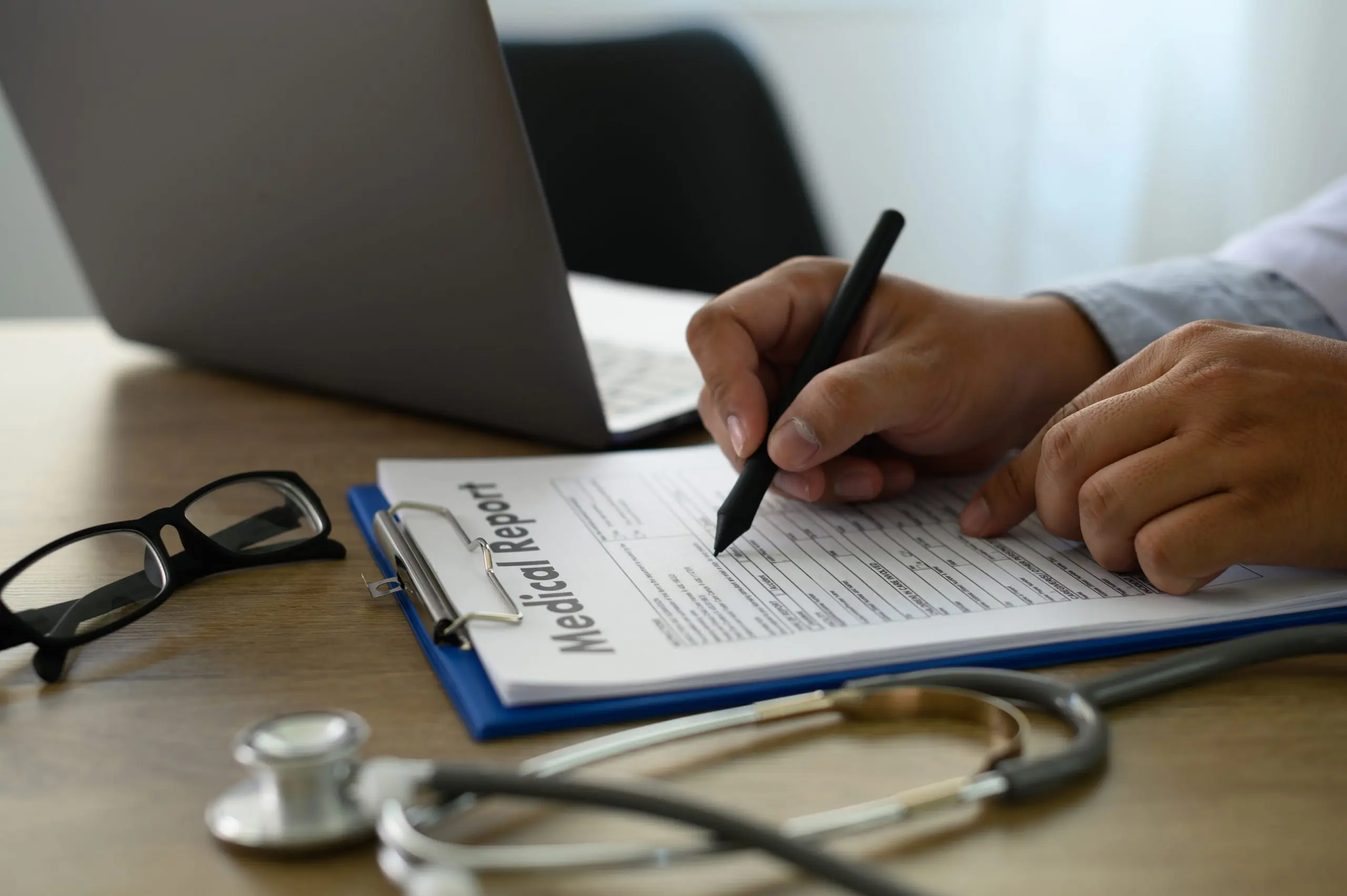2 Day medical certificates for remote work situations
Short-term illness documentation meets the specific needs of remote workers requiring brief recovery periods. The 2 day medical certificate provides appropriate documentation for limited absence without unnecessary medical appointments or excessive paperwork. These focused certifications address the common scenario where brief recovery periods temporarily suffice for minor illnesses affecting work capability.
Virtual assessment process evaluates short-term illness appropriately while providing properly formatted documentation meeting employer requirements. This efficient approach serves employee health needs and organizational absence documentation requirements without unnecessary complications. Remote work environments benefit from streamlined documentation services those provided by NextClinic through their specialized telehealth platforms.
Brief illness assessment standards
- Streamlined evaluation protocols maintain appropriate medical standards while eliminating unnecessary assessment elements. Healthcare providers examine current symptoms, recovery expectations, and work capacity impacts rather than comprehensive health reviews unrelated to the immediate situation. This focused approach delivers appropriate care while respecting patient and provider time constraints.
- Symptom pattern recognition plays a crucial role in brief illness assessment. Experienced telehealth providers quickly identify common presentation patterns for viral illnesses, migraines, gastrointestinal disturbances, and other typical short-term conditions. This efficient recognition allows appropriate certification decisions without extensive testing, which is usually unnecessary for self-limiting conditions.
- Recovery projection accuracy determines the appropriate certification duration. Providers evaluate typical condition trajectories alongside individual factors affecting recovery timing. This personalized approach ensures certificate durations match genuine medical needs rather than defaulting to standardized timeframes that might not reflect specific situations appropriately.
Remote work considerations
The function-specific capacity evaluation addresses remote work nuances effectively. The assessment focuses on the ability to perform specific job functions virtually rather than generic workplace attendance considerations relevant to physical workplaces. This specialized approach creates more accurate work capability determinations for remote employees. Communication capability often becomes the deciding factor in remote work fitness assessments.
Conditions affecting verbal articulation, cognitive processing, or extended screen tolerance may prevent effective remote work participation despite seeming minor in traditional workplace contexts. These specific limitations receive appropriate attention in specialized remote work certifications. Home recovery environment assessment sometimes influences certification decisions. Providers consider whether home circumstances support appropriate recovery while determining fitness for remote work.
Documentation format specialization
- Digital delivery methods ensure immediate documentation availability. Depending on patient preferences, certificates can be transferred directly to patients through secure messaging systems, email delivery, or portal access. This immediate availability eliminates documentation delays that sometimes create compliance complications with employer absence policies.
- Remote-specific terminology clarifies work capacity limitations appropriately. Certificate language addresses virtual work capabilities rather than physical workplace attendance, clarifying whether patients should abstain from all work activities or merely synchronous responsibilities during recovery. This precision helps both employees and supervisors interpret medical recommendations appropriately.
- Authentication features verify documentation legitimacy for employers. Digital signatures, verification codes, and other security elements ensure certificates meet compliance requirements for legitimate medical documentation. These verification methods provide employer confidence while simplifying authentication processes.
Follow-up flexibility accommodates recovery variation appropriately. Simple reassessment processes update certificates without complicated procedures when conditions extend beyond initial expectations. This adaptability ensures documentation accurately reflects medical situations as they evolve during recovery. The specialized short-term medical certification process balances legitimate documentation needs with appropriate medical assessment, creating efficient solutions for the common situation where brief recovery periods require formal validation without extensive medical intervention.






